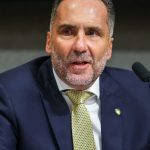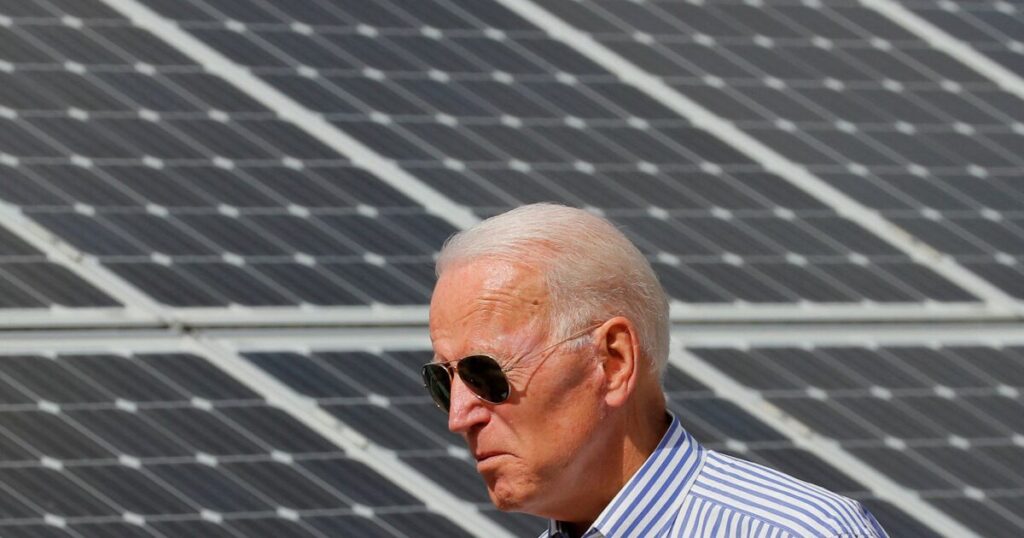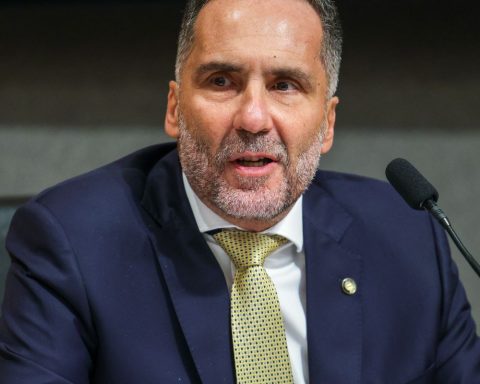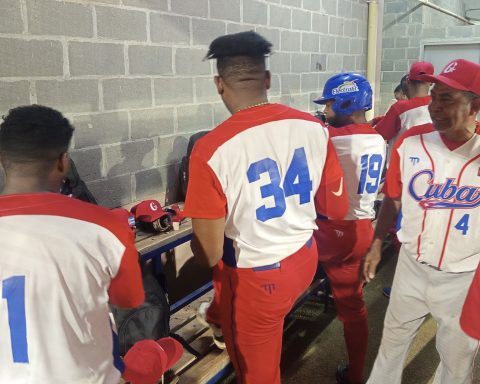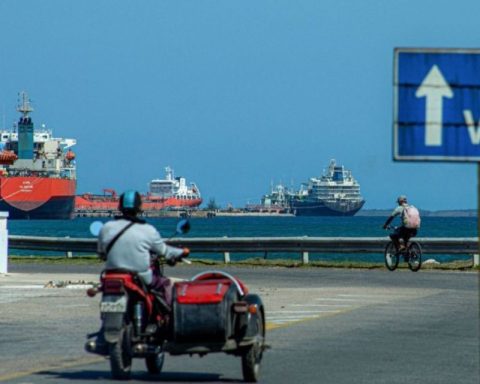US Secretary of State Antony Blinken began a tour of Africa this Sunday to counter Russian diplomatic influence with a first stop in South Africa, where he paid tribute to the anti-apartheid student revolt in Soweto.
With this trip to three African countries, Washington intensifies diplomacy to counter Russia’s weight on the continent, shortly after an extensive tour of Africa by Russian Foreign Minister Sergey Lavrov.
South Africa has maintained a neutral position since the start of the war in Ukraine, refusing to join Western condemnations of Russia.
On Sunday, Blinken toured the Soweto district, the heart of the fight against racial segregation in South Africa, and visited the Hector Pieterson Museum, built in memory of the students killed in a 1976 protest that became one of the movement’s landmarks. against apartheid.
“The extraordinary thing about this museum is that it is living history because it inspires people to see the power that young people can have to generate change,” he said after the visit.
Blinken will meet on Monday with his South African counterpart, Naledi Pandor, and announcements are expected on the US government’s new strategy regarding the African continent.
The two senior officials “will address recent and ongoing developments in the global geopolitical situation,” according to South African officials.
South Africa is part of the BRICS group of emerging economies, along with Brazil, Russia, India and China.
In June, Russian President Vladimir Putin urged the BRICS to cooperate in the face of “selfish actions” by Western countries, amid unprecedented sanctions against Moscow over the Ukraine conflict.
For Fonteh Akum, director of the Pretoria-based Institute for Security Studies, Blinken’s visit aims to “bring South Africa closer to the Western countryside.”
French President Emmanuel Macron visited Benin, Cameroon and Guinea-Bissau late last month, while Lavrov was in Congo-Brazzaville, Egypt, Ethiopia and Uganda.
For Blinken to come after Lavrov and Macron “basically shows that Africa is entering a phase where there is another great power competition on the continent,” Akum said.
This is the US Secretary of State’s second trip to Africa since his appointment last year. On his first trip he was in Kenya, Nigeria and Senegal.
Now, after South Africa, he will head to the Democratic Republic of the Congo at the end of the week and then to Rwanda.
Before the Russian invasion of Ukraine, US diplomacy in Africa focused mainly on competition with China, which has made significant investments in infrastructure on the continent without demanding any compensation from states in terms of democracy or human rights.

